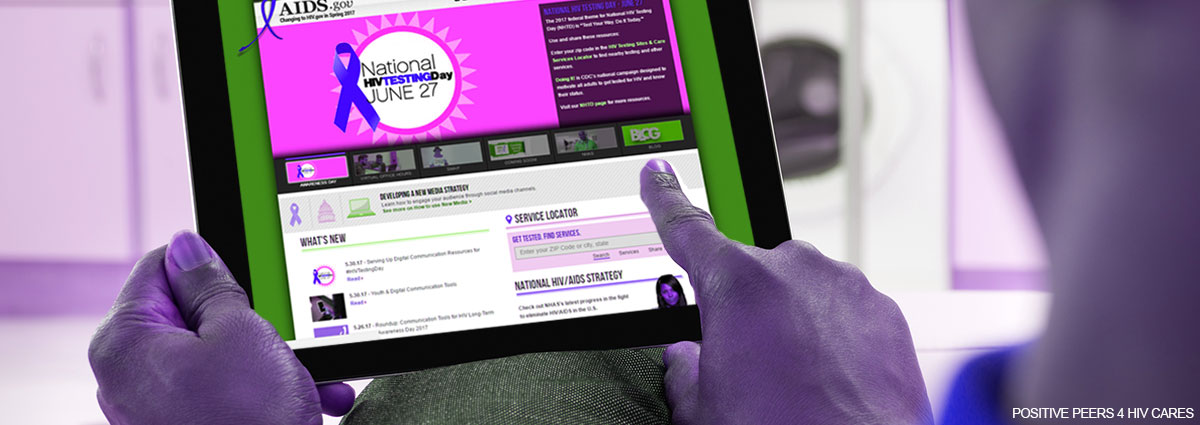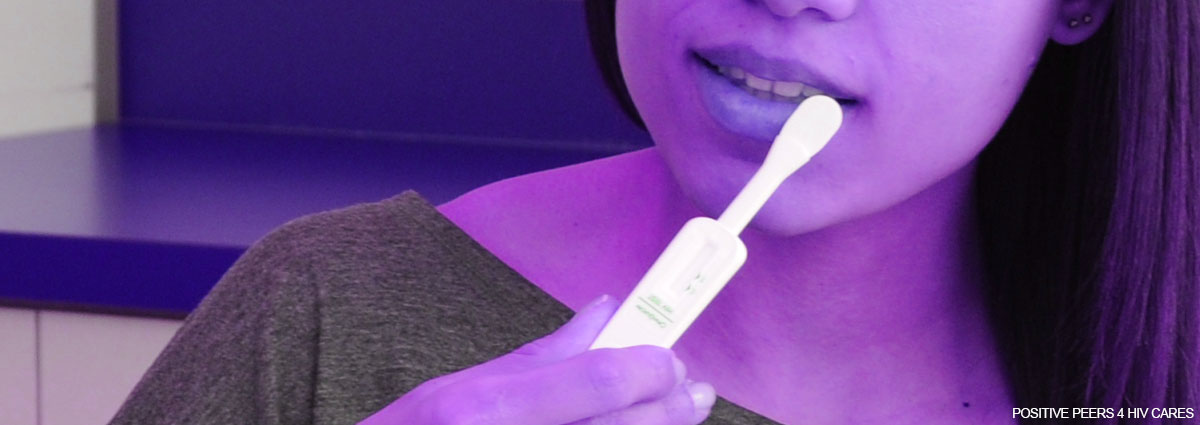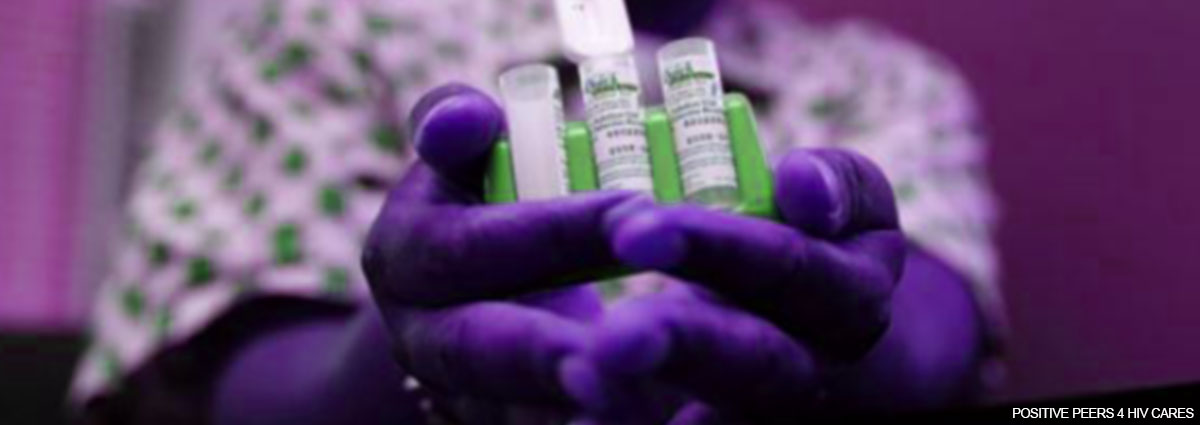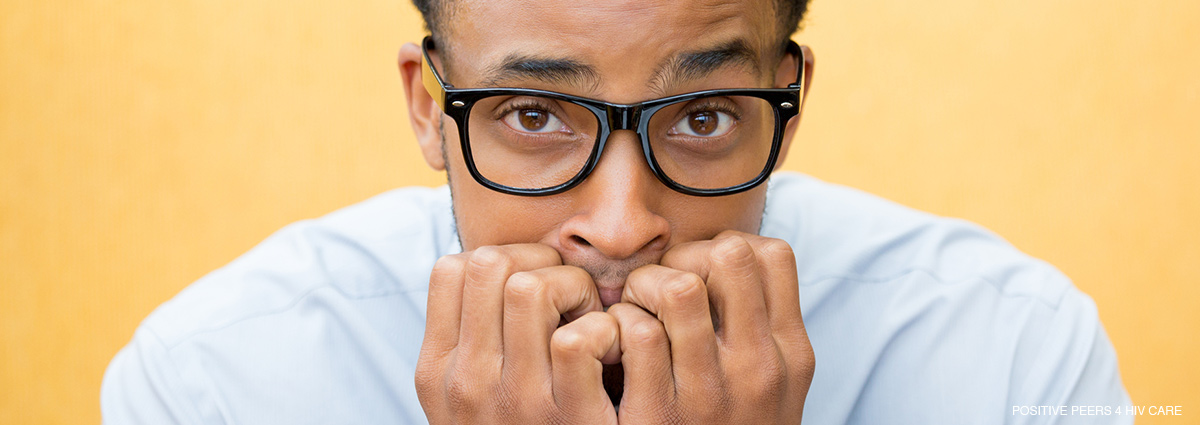By: Jennifer McMillen Smith, LISW-S, HIV Social Worker at MetroHealth Medical Center and medically reviewed by Ann K. Avery, MD, Infectious Disease Physician at MetroHealth Medical Center
You’ve made up your mind to get tested for HIV.
Congratulations! Sometimes that’s the hardest part.
Thankfully, figuring out where to get a HIV test is a little bit easier
Getting started
The best place to start is a visit to AIDS.gov’s online locator. Once you give the site permission to use your current location, it will compile a nice healthy list of HIV testing and care sites near you. It will even place them on a map for you so you can see which is closest to you!
Cleveland area is lucky to have a number of free HIV testing sites. A list of local sites can be found in many places including the Cleveland Department of Public Health’s webpage.
The most common testing sites are:
- Planned Parenthood offices
- City or county health department clinics
- Local clinics sponsored by hospitals, like MetroHealth in Cleveland
- HIV support websites like this one, PositivePeers
Most clinics will do the testing for free. A few may charge a small fee, based on your income.
You can always ask if there are any fees. You wouldn’t want to be surprised with bills because you forgot to check.
What about home testing?
There are a couple options for tests you can take at home. Here in Cleveland, Safe on the Scene offers free and confidential in-home HIV testing. Otherwise, you can buy a test at a store (usually a pharmacy or drug store) which will cost some $$$..
If you buy a home-testing kit, these are the two kinds of FDA-approved tests on the market today:
- Home Access HIV-1 Test System. This one requires you to prick a finger to get a blood sample. You send the sample to a lab, which tells you your results within a week or perhaps quicker.
- OraQuick In-Home HIV Test. This test uses a cotton swab and provides results in 20 minutes. According to the Centers for Disease Control and Prevention, this test provides a false negative one out of 12 times, so it's not quite as accurate as the previous one.
Both tests require a second test to confirm your HIV status. The test kits cost about $35 to $40.
Come join our private, stigma-free, supportive community.
Health management tools with medication & appointment reminders.
Social networking in a community conversation & private chats.
Choosing the best place to get tested
It’s always good to look at the pros and cons in order to make the best decision for you. Here are some of the pros and cons of testing at home or in a clinic
Home Testing
Pros:
- You can learn your results in a safe, quiet place with nobody around.
- You don’t have to worry about being seen by a bunch of strangers.
- You can order online and have test kits shipped directly to your home, which adds a layer of privacy.
Cons:
- You might not want people in your household to know you’re getting tested but they might find out by accident.
- Home tests always have to be followed up by visits to clinics or doctor’s offices, so home testing adds an extra step.
- Tests are not free.
Clinic Testing:
Pros:
- Testing is always confidential and safe. Most offer free testing!
- Friendly experts will be on hand to help you understand what to do next, including new ways to protect yourself if you’re negative!
- You can set up doctor’s appointments and meet with a social worker.
- Some clinics have evening and weekend hours
- Some places even offer free HIV testing in the comfort of your home.
- The tests available at most clinics take between 1 - 20 minutes.
Cons:
- You may have to travel.
- You may have a wait if the clinic is short-staffed.
- Clinics have set hours, so you may need to rework your schedule.
If you’re positive, you have the comfort of knowing the truth and not worrying about whether or not you have HIV. It’s better to know, so you can get started on taking care of yourself and making sure you don’t transmit HIV to others. Whatever you decide, the important thing is to make a firm commitment to getting tested and acting on your results. If you’re negative, it’s a good idea to get retested every three to six months if you are sexually active. You may always want to talk to the health provider about PrEP. If you get tested at a clinic, be sure to grab some free condoms and lube on your way out too! Those will help keep things safe and fun during sexy time 😉
Related Blogs:
Positive Peers is made possible through a U.S. Department of Health and Human Services Health Resources and Services Administration, HIV/AIDS Bureau Special Projects of National Significance (SPNS) Grant to The MetroHealth System. Click here for more information about the SPNS grant initiative.
Positive Peers is a private app for young people living with HIV. Learn how you can earn rewards for your participation.





